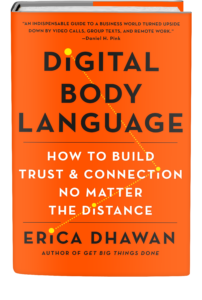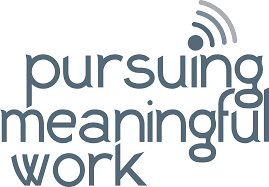TechCrunch Disrupt is a conference which brings together innovators in web technologies and media and executives to discuss navigating disruption to talk about turning change into opportunity.
What does disruption mean?
Progress. As the TechCrunch team described, “change challenges us to innovate faster and reinvent smarter. In upending the way things are done, it liberates us from costs and routines.”
What did I learn at TechCrunch Disrupt?
Technology is not just about the internet, it is about mapping the human genome, collective intelligence, and changing the landscape of how business is done. More recently, the IPad has shown the power of automating social networks. This product has potential to spawn a digital revolution in schools and online records for hospitals and doctors.
What do Steve Jobs, Mark Zuckerburg, Jeff Bezos have in common?
They were all in their 20-30’s, male, college dropouts, and nerds. They didn’t have social lives but instead they chose to build a social revolution. They were missionaries not mercenaries. Missionaries seek partnership for the long run and are obsessed with culture. Mercenaries are obsessed with financial statements. It’s a difference between making meaning and making money.
TechCrunch Disrupt showcased many new disruptive technologies throughout the day (some featured below). Maybe I’m just not a “techie,” but I struggled with this conference especially when thinking about the new generation of Steve Jobs’ of the world. This happened especially after a Twitter post I saw by Semil Shah.
RT @semilshah: So many bright minds trying to build FB/Twitter apps. So sad. http://livestream.com/disrupt
It’s true, when we think of the possibilities beyond consumer internet, it’s hard to believe how much energy is going toward applications for Facebook and Twitter. But I guess there is the power of the mass use: 12 months ago 1,000 pieces of info were exchanged every second on Facebook; today this number is 10,000.
Some featured companies:
Airbnb.com
Snacksquare.com
Stayclassy.com
Thisorthat.com
Pinterest.com
Zazuba.com
Invisiblebracelet.org


